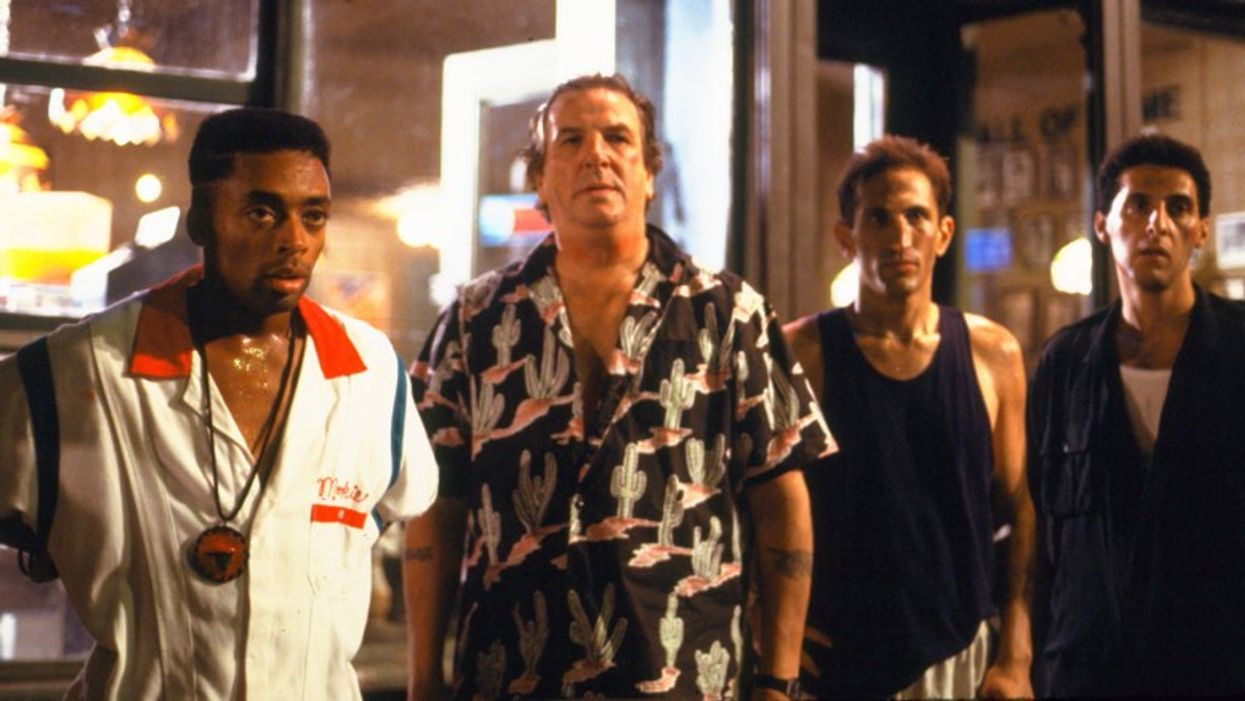Remembering the Time Spike Lee Lost at the Academy Awards
Choose Love, not Hate.

Remember that time (oh, it was about 48 hours ago) when Spike Lee won his first competitive Academy Award for his adapted screenplay work on BlacKkKlansman?
Considered a well-deserved prize, Lee's win was viewed as overdue. One of America's best living directors and screenwriters, Lee had previously found more success with audiences than with award bodies. All that finally changed this past Sunday evening.
Was it a makeup win? Many firmly believe that Lee deserved the Academy Award in 1989 for his original screenplay for Do the Right Thing, a nomination (but not award) he went on to receive. Who did Lee ultimately lose to? Tom Schulman for Dead Poet's Society, a screenwriter who you can literally see passing over Spike Lee at the two-minute mark of the video below.
Before you watch the video, it's of note that the film that went on to win Best Picture that year was Driving Miss Daisy, a film with numerous parallels to this year's Best Picture winner, Green Book. The more things change the more they stay the same? Lee may have lost below, but 29 years later, he can now officially call himself a proud Academy Award winner.
Were you happy to see Spike Lee finally win an Oscar? Let us know in the comments below.











